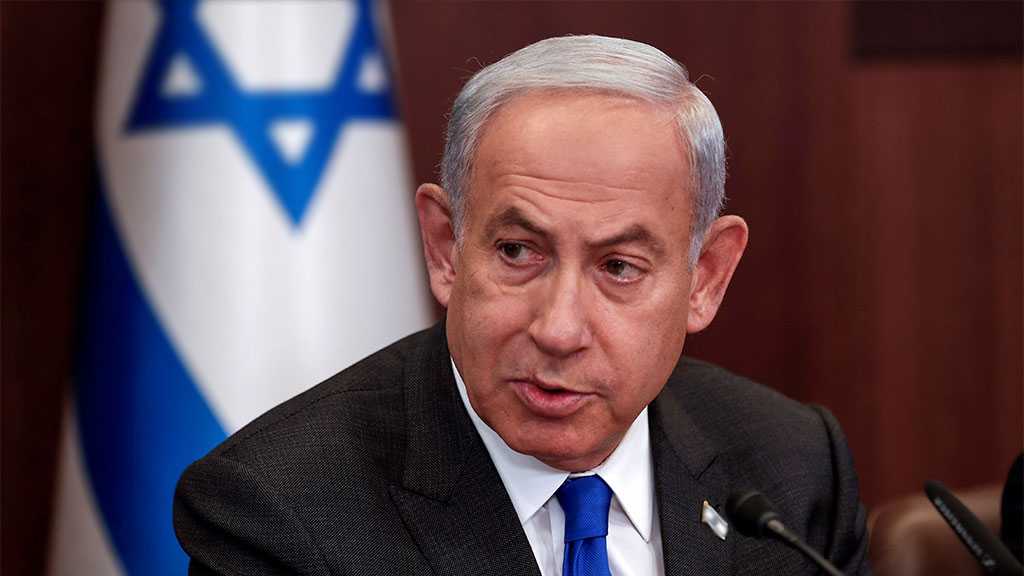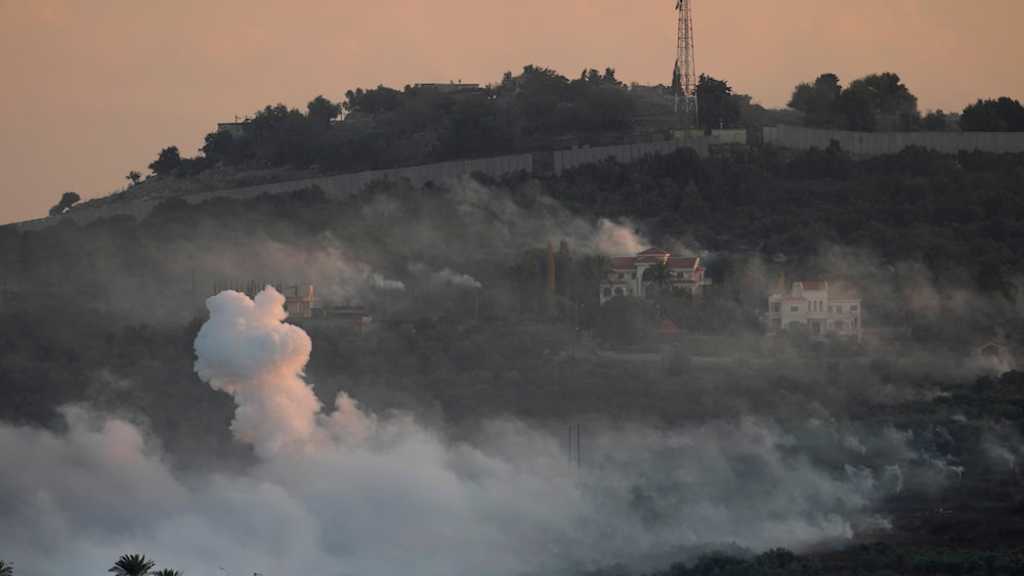
UAE Halts Military Purchase from the ‘Israeli’ Entity Amid Political Crisis Facing Netanyahu

By Staff, Agencies
The United Arab Emirates [UAE] has reportedly halted the purchase of advanced surface-to-air missile system from the ‘Israeli’ occupation entity amid political turmoil facing embattled Zionist prime minister Benjamin Netanyahu as well as anti-Palestinian remarks by two extremist ‘Israeli’ ministers.
The Arabic-language Arabi21 online newspaper, citing a report by ‘Israeli’ Channel 12 TV, commented that the UAE’s decision came in response to recent actions and statements by the Zionist regime’s so-called ‘national security’ minister Itamar Ben-Gvir and ‘finance minister’ Bezalel Smotrich.
The channel quoted ‘Israeli’ sources as saying that the UAE President Sheikh Mohamed bin Zayed Al Nahyan has announced the freeze on the deal.
“As long as we do not receive assurances that Netanyahu is able to control his administration, we cannot undertake common projects,” Al Nahyan said.
Protests have been snowballing in the ‘Israeli’-occupied Palestinian territories over the past two months since Netanyahu's controversial move to reform the judiciary.
Back on September 22 last year, Reuters cited two sources as saying that ‘Israel’ had approved a UAE request and would supply the Gulf state with Rafael-made SPYDER mobile interceptors.
A third source said the UAE had acquired ‘Israeli’ technology capable of combating drone attacks like those that struck Abu Dhabi earlier that year.
It was not clear how many interceptors, which are fitted to vehicles and can defend against short to long-range threats, would be supplied, or if any had already been shipped.
Back in 2020, the UAE and Bahrain unashamedly signed US-brokered agreements with ‘Israel’ to normalize their ties with the occupation regime. Some other Arab states, namely Sudan and Morocco, followed suit soon afterward.
Comments
- Related News



